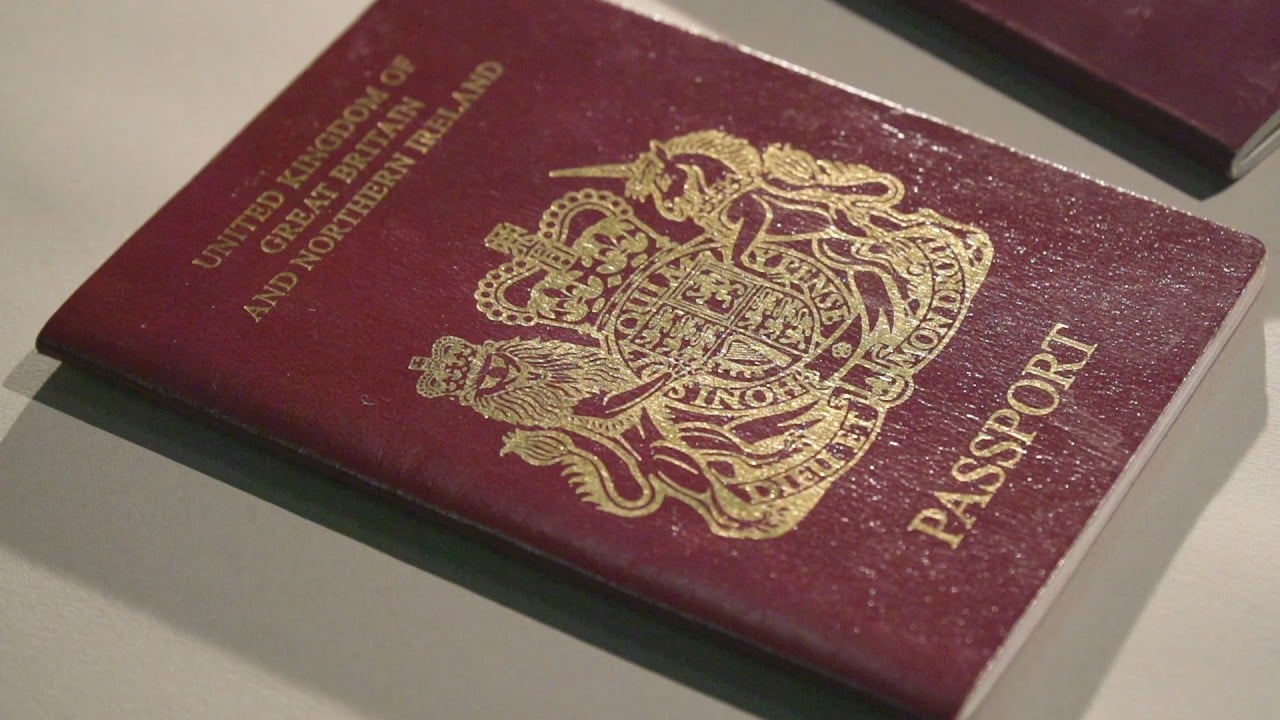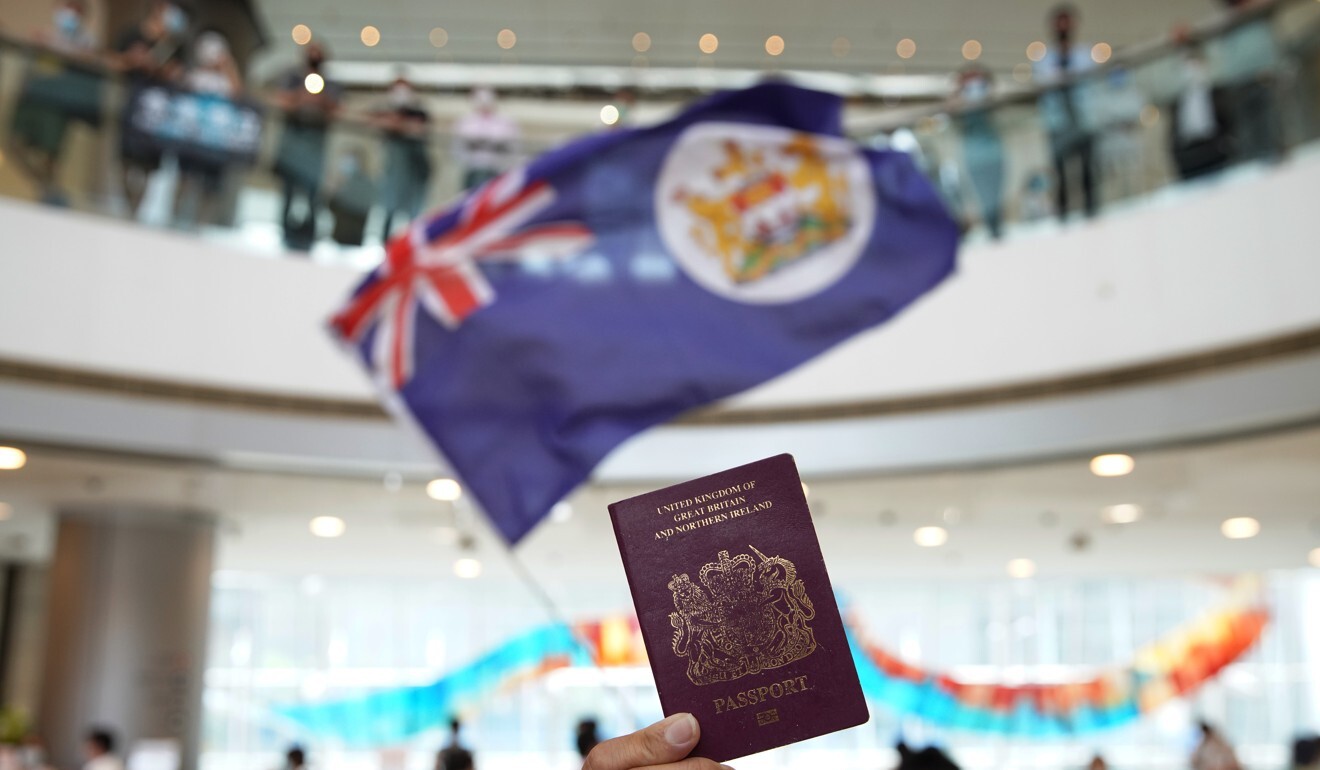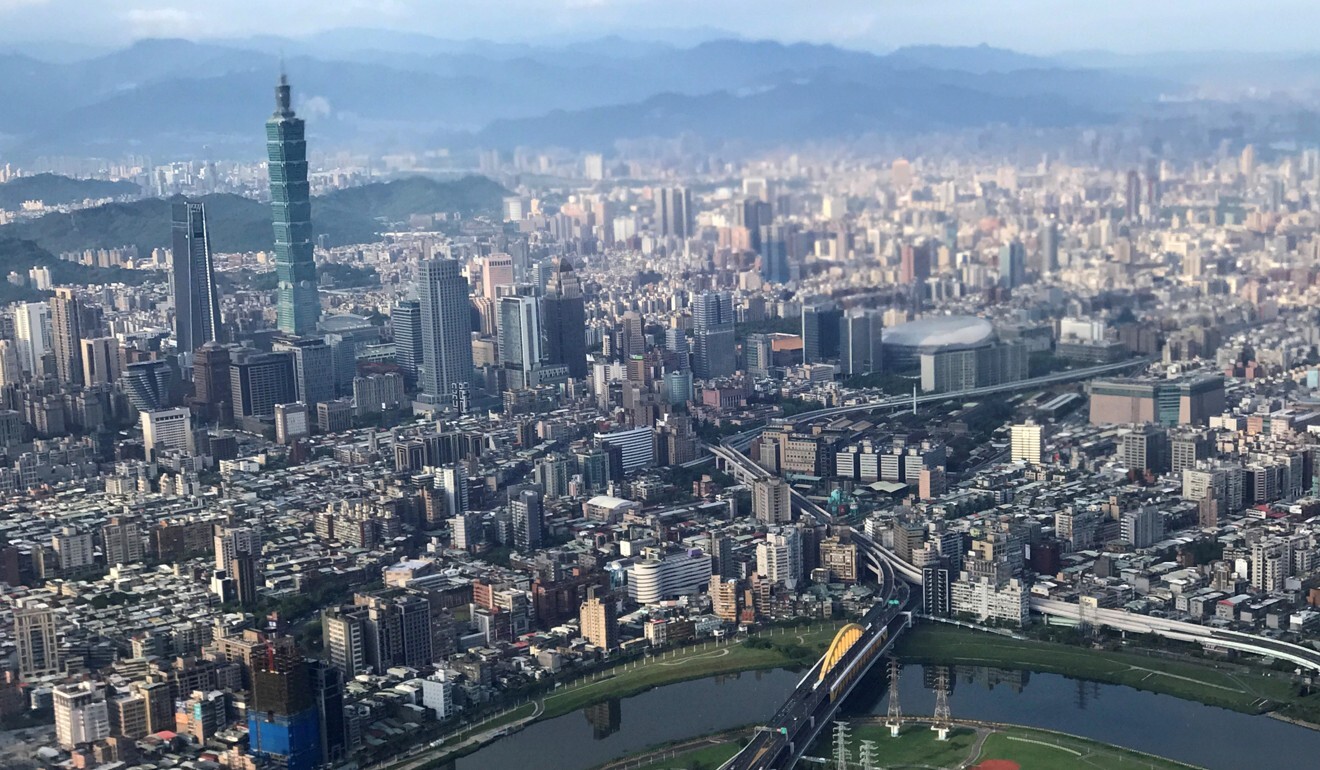
‘Exodus’ from Hong Kong? Those who fear national security law mull best offers from welcoming countries
- Sharp rise in inquiries to migration consultants, with nurses among those most keen to leave
- Hongkongers take wait-and-see attitude as Britain, Australia open doors to more migrants
They were worried about Beijing’s new national security law for Hong Kong, which came into force on June 30.
In recent days, however, Fu’s clients appeared in less of a rush to go. They had not changed their minds about leaving, but now wanted to wait and see which country would offer Hongkongers the best immigration deal.
“They said they didn’t want to proceed yet,” he said.

05:50
What you should know about China's new national security law for Hong Kong
“It has upended the whole market,” said Jason Yu Wai-lung, chief immigration consultant at Smart2Go, another firm helping people who want to emigrate.
Hong Kong national security law full text:
After Beijing first announced in May that it would tailor-make a law for Hong Kong, inquiries shot up at Fu’s firm, Goldmax Immigration. At one point, it received 60 inquiry forms in a day, six times the usual.
Fu said many of his clients were nurses from “almost every hospital in Hong Kong” and mainly in their 20s to 40s.
He said the British proposal for those with BN(O) passports offered a breakthrough deal for skilled Hongkongers who do not have a lot of money. Up till now, there have been high barriers to moving to Britain, such as unique professional skills, high proficiency in the English language, or hefty investments of at least 2 million pounds (HK$19.5 million).
About 350,000 Hongkongers already hold BN(O) passports, and more are eligible to apply for it.

01:38
UK offers Hongkongers with BN(O) passports path to citizenship after new national security law
Protester worries about reprisal
Although the law has no retroactive effect, Chan said he was still worried. Before Britain announced its offer, he was prepared to apply for any working holiday visa he could get, to some countries which allow visitors to stay and work for up to a year or two.
Now he has set his sights on the new route to Britain. “It seems easier, and brings a better chance of settling there,” he said.
Emigrating Hongkongers seek stability elsewhere – Australia, Canada, Singapore
David Lee* fears he might run into trouble with the new law, having worked as a journalist in Hong Kong. He and his wife, who holds a British passport, have also decided to leave.
Britain seems a natural choice as his wife has family there, but the couple are waiting to see if the United States might have an immigration offer for Hongkongers, as they prefer the latter.

According to 2018 data on Australia’s Department of Education website, the country granted more than 11,000 visas for Hong Kong students. The Australian offer will also apply to future visa holders and students from Hong Kong.
Beijing has criticised Britain and Australia for their offers of haven to Hongkongers wishing to flee the national security law.
Will they leave? ‘Too early to say’
Sociology professor Eric Fong Wai-ching, who specialises in migration at the University of Hong Kong, said it was one thing for people to say they intend to leave, and quite another for them to actually uproot and go. He felt it was too early to conclude that there would be an exodus from Hong Kong.
“Many are still at the planning stage,” he said, although he pointed to an uptick of applications for “certificates of no criminal conviction”, a document granted by police to those applying for a wide range of visas, including for education and emigration.
More than 40 per cent of Hongkongers ‘want to emigrate amid ongoing protests’
But another indicator of people leaving Hong Kong for good – the number of tax clearance filings to the Inland Revenue – has not changed significantly.
The tax authority processed 2,500 such filings a month in May and June this year, its spokesman said. There were on average 2,400 monthly cases in the financial years of 2019-20 and 2018-19.

For some Hongkongers, Taiwan is also a popular emigration destination due to its proximity and similar culture, according Yu from Smart2Go, who specialises in helping people move there. One attraction is the relatively low investment required to migrate there – about HK$1.5 million.
In the first five months of this year, Taiwan granted permanent residence to 558 Hongkongers, following on 1,474 over the whole of last year and just below 1,100 each year between 2016 and 2018.
Taiwan announced last month that apart from providing humanitarian support to Hongkongers feeling anxious over the national security law, it would also offer immigration assistance to those keen to invest there or who possess special talents.
There was a change after Britain announced its plan for those with BN(O) passports. “People under 40 years old who made inquiries have completely disappeared,” he said.
Only older people were still considering moving to Taiwan now, he said, drawn mainly by the island’s lower living costs. The new national security law has pushed some to make up their minds sooner.
“Some of them now want to put their plans into action, and bring forward their retirement,” Yu said.
* Interviewees’ names changed at their request.

